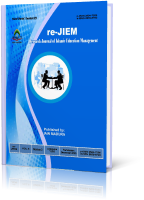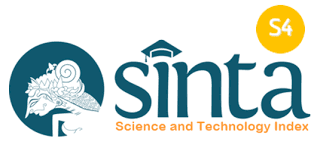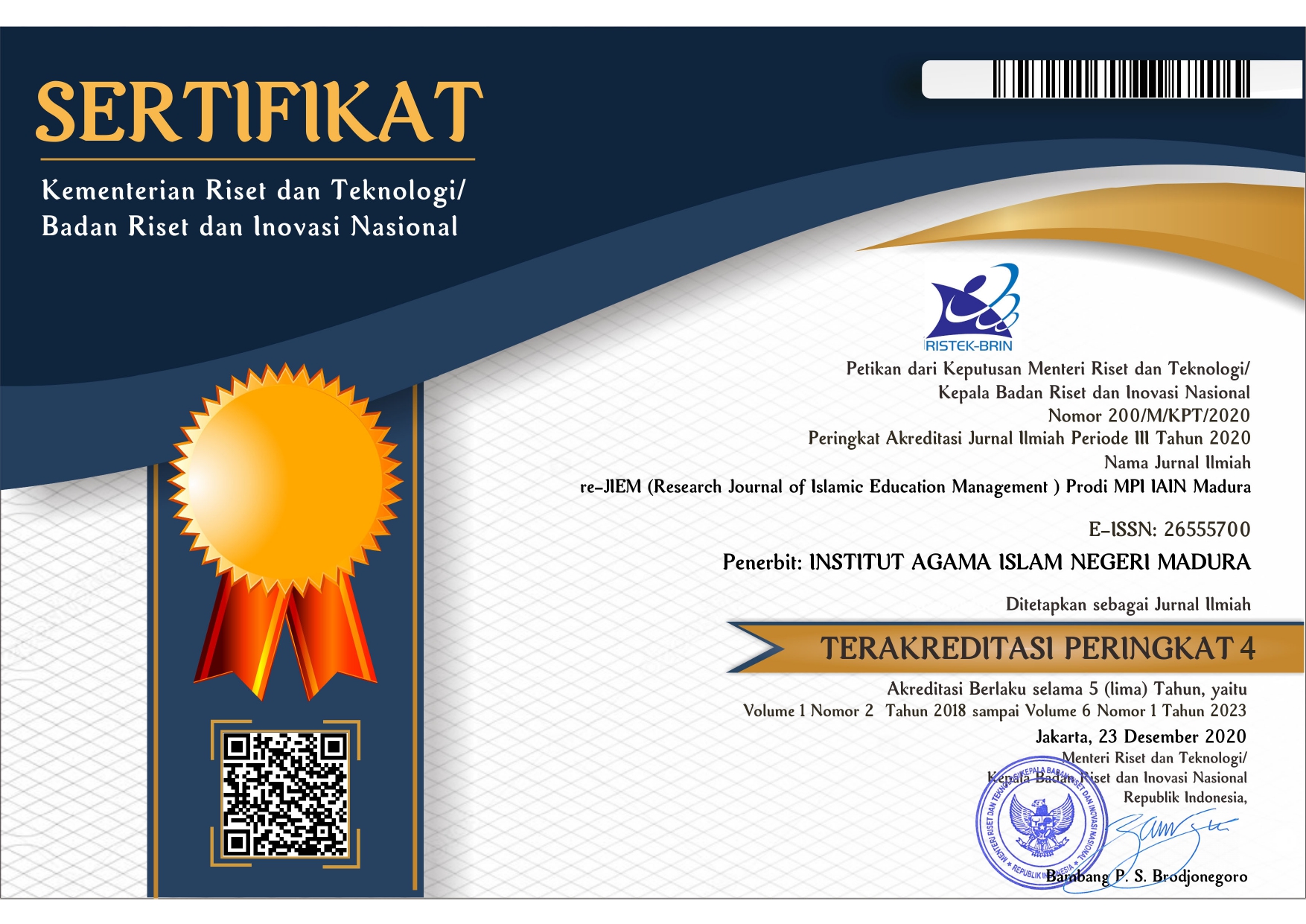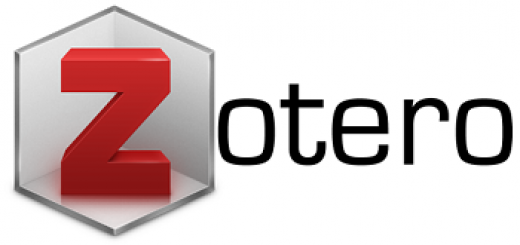THE RECRUITMENT SYSTEM OF EDUCATORS AND EDUCATION PERSONNEL AT ISLAMIC CENTER ELEMENTARY SCHOOL, SAMARINDA CITY
 Abstract views: 60
,
Abstract views: 60
,
 PDF downloads: 36
PDF downloads: 36
Abstract
The recruitment system for quality educators is an important aspect of supporting the vision and mission of the school. However, in practice, the recruitment process is sometimes far from optimal. This study examines the recruitment system for educators and education staff, as well as the supporting and hindering factors at SD Islamic Center Kota Samarinda. The method used is field research with data collection techniques through observation, documentation, and interviews. The results show that the recruitment process at SD Islamic Center Kota Samarinda involves coordination with the foundation, preparation of guidelines, and strict selection to produce quality educators to support the school's vision and mission. Supporting factors for recruitment include coordination with the foundation, setting standards for applicants, and strict selection, while the main obstacles are applicants who do not meet qualifications and lack discipline. This study is expected to serve as a reference for the educator recruitment system, help the school and foundation improve recruitment effectiveness, and provide policy guidelines for designing a recruitment process that meets the needs of educational institutions.
Downloads
References
Fadli, Muhammad Rijal. “Memahami Desain Metode Penelitian Kualitatif.” Humanika 21, No. 1 (2021): 33–54. Https://Doi.Org/10.21831/Hum.V21i1.38075.
Farida, Ika Nur, A.Z. Fanani, Muhammad Nuril, And Huda. “Sistem Rekrutmen Guru Dalam Meningkatkan Mutu Lembaga Pendidikan Sekolah Das” 10, No. 14 (2020): 162–75. Https://Doi.Org/0.15642/Jkpi.2020.10.2.162-175.
Hadiono, Abdi Fauji, And Isti Faiyatul Inayah. “Pengaruh Sistem Rekrutmen Pendidik Dan Tenaga Kependidikan Terhadap Mutu Pendidikan Yayasan Pendidikan Dan Sosial Pondok Pesantren Al-Fadl Banyuwangi Prodi Manajemen Pendidikan Islam Institut Agama Islam Darussalam Blokagung Banyuwangi Jmpid ( Jurnal Mana” 7146, No. April (2020): 185–203.
Mukhlisoh. “Manajemen Pendidik Dan Tenaga Kependidikan Di Madrasah Tsanawiyah Sunan Kalijaga Siwuluh.” Jurnal Kependidikan 6, No. 2 (2018): 233–48. Https://Doi.Org/10.24090/Jk.V6i2.1941.
Muliadi, Umi Kulsum, Risqun Iqbal, And Suci Hartati. “Manajemen Pendidik Dan Tenaga Kependidikan Di Madrasah Tsanawiyah Darul Iman Kecamatan Singkep Kabupaten Lingga Provinsi Kepulauan Riau.” Jurnal Manajemen Dan Pendidikan 01, No. 01 (2022): 285–93.
Nurlindah, Muh. Khalifah Mustami, And Musdalifah. “Manajemen Pendidik Dan Tenaga Kependidikan Dalam Meningkatkan Mutu Pendidikan.” Jurnal Idaarah 4, No. 1 (2020): 40–51.
Nurussalami. “Pengelolaan Tenaga Pendidik Dan Kependidikan Dalam Peningkatkan Mutu Pendidikan.” Intelektualita Prodi Mpi 11 (2022): 125–38.
Sawaluddin, Faizal Rizqi, And Ridwan Rustandi. “Manajemen Sumber Daya Manusia Lembaga Pendidikan Islam Di Mts Persis 3 Pameungpeuk.” Tadbir: Jurnal Manajemen Dakwah 5, No. 4 (2020): 375–96. Https://Doi.Org/10.15575/Tadbir.V5i4.2306.
Umi Hanifah. “Strategi Rekrutmen Dan Motivasi Kerja Tenaga Pendidik Dan Kependidikan Dalam Meningkatkan Mutu Lembaga.” Educatio 7, No. 4 (2021): 1623–27. Https://Doi.Org/10.31949/Educatio.V7i4.1455.
Widodo, Rochmad, Nabilah Saputri, And Nova Intania. “Strategi Rekrutmen Sdm Untuk Memenuhi Kebutuhan Pendidik Dan Tenaga Kependidikan Di Pendidikan Terintegrasi Pondok Pesantren Mahasina Darul Qur’an Wal Hadits (Mts Dan Ma).” Jurnal Kependidikan Islam 12, No. 2 (2022): 171–81. Https://Doi.Org/0.15642/Jkpi.2022.12.2.171-181.
Copyright (c) 2024 Bagus Setiawan, Miranti

This work is licensed under a Creative Commons Attribution-ShareAlike 4.0 International License.
Authors who publish with this journal agree to the following terms:
Authors retain copyright and grant the journal right of first publication with the work simultaneously licensed under a Creative Commons Attribution-ShareAlike 4.0 International License that allows others to copy and redistribute the material in any medium or format with an acknowledgment of the work's authorship and initial publication in this journal and also allows to remix, transform, and build upon the material for any purpose, even commercially with contributions under the same license as the original.
Authors are able to enter into separate, additional contractual arrangements for the non-exclusive distribution of the journal's published version of the work (e.g., post it to an institutional repository or publish it in a book), with an acknowledgment of its initial publication in this journal.
Authors are permitted and encouraged to post their work online (e.g., in institutional repositories or on their website) prior to and during the submission process, as it can lead to productive exchanges, as well as earlier and greater citation of published work.



























